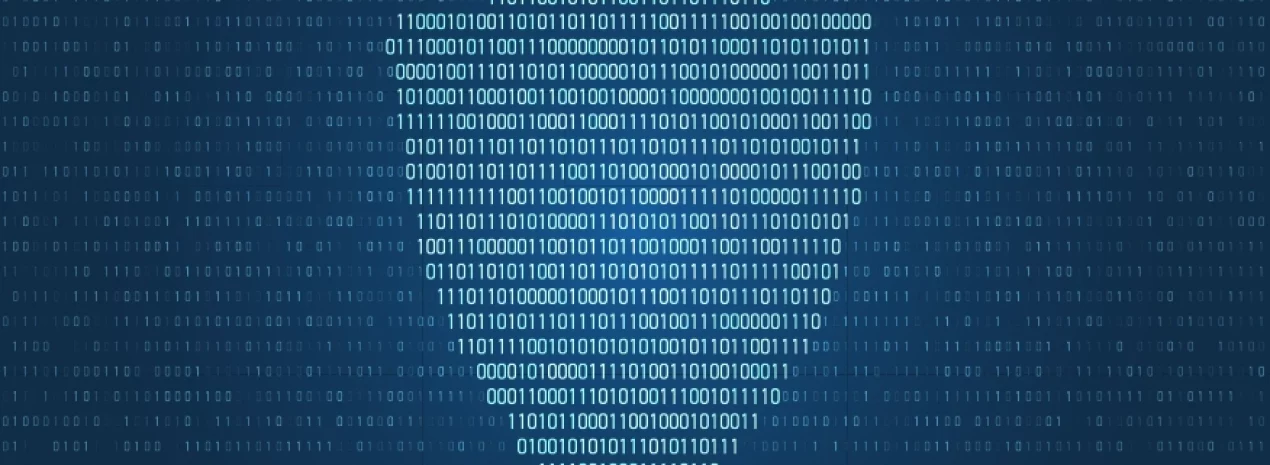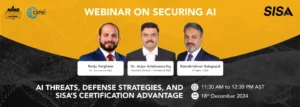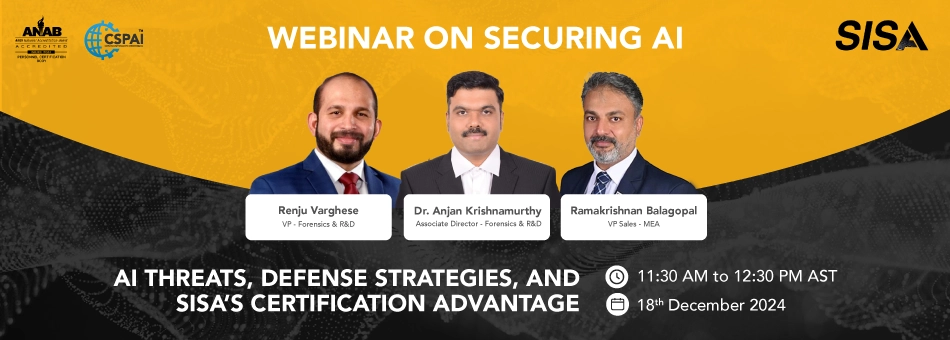
What Is PCI Awareness Training? Why Is It Important?
In today’s digital economy, where credit and debit card transactions dominate, the protection of cardholder data is paramount. Payment Card Industry (PCI) Awareness Training is a key initiative aimed at educating employees on safeguarding sensitive payment data, ensuring organizations remain compliant with the PCI Data Security Standard (PCI DSS). For any business handling cardholder data, this training serves as both a regulatory requirement and a critical defense against cyber threats.
What Is PCI Awareness Training?
PCI Awareness Training is designed to equip employees with the knowledge and tools needed to handle payment card data securely. It covers the fundamentals of PCI DSS, emphasizing the importance of protecting cardholder information during processing, storage, and transmission. The training highlights real-world threats such as phishing, malware, and social engineering, empowering employees to detect and respond to these risks effectively.
This training also aligns with PCI DSS Requirement 12.6, which mandates organizations to provide security awareness education to personnel who interact with cardholder data. Through interactive modules, participants learn about secure payment practices, the significance of encryption, and the role of policies in maintaining compliance.
Why Is PCI Awareness Training Important?
- Mitigates Security Risks:
Cybercriminals continuously evolve their tactics, targeting payment systems with sophisticated techniques. PCI Awareness Training arms employees with the ability to recognize and mitigate threats, reducing the likelihood of data breaches. - Ensures Compliance:
Adhering to PCI DSS is mandatory for organizations handling cardholder data. This training ensures employees understand compliance requirements, helping businesses avoid hefty fines and reputational damage associated with non-compliance. - Enhances Customer Trust:
Secure payment practices foster customer confidence. When employees are well-trained in PCI standards, organizations can demonstrate their commitment to safeguarding customer data, strengthening trust and loyalty. - Reduces Human Error:
Human error is one of the leading causes of data breaches. PCI Awareness Training addresses this by educating employees on best practices, from recognizing phishing attempts to handling data securely. - Supports Proactive Security Posture:
By fostering a culture of security awareness, organizations can stay ahead of emerging threats. Trained employees become active participants in identifying vulnerabilities and reinforcing the company’s defenses.
Key Benefits of PCI Awareness Training
- Practical Insights: Employees gain real-world knowledge to apply PCI DSS principles effectively, enabling them to address specific scenarios they may encounter in their roles.
- Cost Savings: Reducing the risk of breaches minimizes the financial impact of potential fines and lawsuits while improving operational efficiency.
- Stronger Compliance: Training fulfills Requirement 12.6 and positions businesses as responsible data handlers, fostering confidence among stakeholders and regulatory bodies.
- Employee Empowerment: Empowered employees act as the first line of defense, raising red flags when necessary and taking proactive measures to secure sensitive data.
- Enhanced Organizational Resilience: A well-trained workforce contributes to a culture of security, ensuring the organization is better equipped to adapt to evolving threats.
How to Implement PCI Awareness Training
To achieve maximum effectiveness, PCI Awareness Training should:
- Be Role-Specific: Tailor content to reflect the responsibilities of each employee, ensuring relevance and better engagement across all levels of the organization.
- Include Routine Refreshers: Offer periodic updates to reinforce critical concepts and address new security threats as they emerge.
- Leverage Multiple Channels: Use in-person workshops, e-learning modules, and team discussions for better engagement, accommodating different learning styles.
- Ensure Documentation: Track training sessions and secure employee acknowledgments to demonstrate compliance during audits, providing clear records for review.
- Incorporate Real-World Scenarios: Use case studies and examples of actual security breaches to make training more relatable and impactful.
Conclusion
PCI Awareness Training is more than just a compliance requirement—it is a proactive step toward safeguarding sensitive payment data and maintaining a strong security posture. By educating employees, organizations can minimize risks, enhance trust, and ensure they are prepared to face evolving cyber threats.
Ready to elevate your organization’s security? Invest in PCI Awareness Training today and protect your payment systems for a safer tomorrow.
Latest
Blogs
Whitepapers
Monthly Threat Brief
Customer Success Stories
 USA
USA India
India APAC
APAC Middle East
Middle East Global
Global






 Facebook
Facebook Linkedin
Linkedin  X
X Youtube
Youtube








